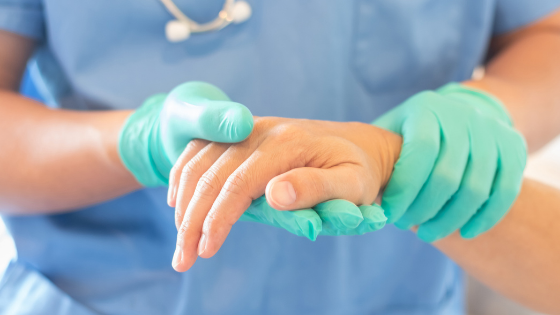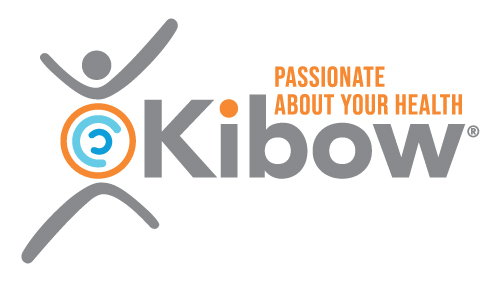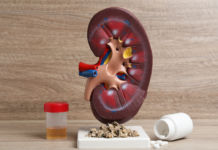*These statements have not been evaluated by the US Food and Drug Administration. This information is not intended to diagnose, treat, cure, or prevent any disease. Always consult with a qualified healthcare professional prior to beginning any diet or exercise program or taking any dietary supplement. The content on our website is for informational and educational purposes only.
Written By: Steve L. Belcher, RN, MSN, MS, DN-CM
Patient safety at outpatient hemodialysis should be of the utmost importance at any dialysis clinic delivering this treatment. Your safety should be their number one priority. Below are a few ways that dialysis clinics should be keeping you safe during your dialysis treatment.
Staff training:
Dialysis nurses and technicians usually receive approximately 10 weeks of clinical training Some dialysis companies may vary with their training. Some new dialysis nurses and technicians have prior medical training and some don’t. Most dialysis training programs learn about:
- How to insert needles
- How to run dialysis machines safely
- How to clean and care for your access
- Safely handling used medical supplies
- Safely handling medical emergencies
- Safely evacuating the clinic in case of natural disaster or emergency
- Paying close attention to patient needs
A big part of a dialysis company keeping you safe during treatment is controlling infections. Below are steps dialysis centers should take to stop the spread of germs and infections.
Hand-washing:
Staff should wash their hands
- After direct contact with a patient or dialysis machine
- After contact with any body or treatment fluid
- Before and after touching “clean” areas such as supplies
- When entering and exiting the treatment floor.

Glove Usage:
Staff should wear gloves when
- Giving patient care
- Touching the dialysis machine, supplies or equipment
- They expect contact with body or treatment fluids.
Staff should remove and change gloves when
- Gloves are dirty with body or treatment fluids
- Switching between patient contact or different dialysis machines
- Washing or sanitizing hands
Chair Sanitation:
Staff should be sanitizing chairs and televisions (If your center has TV Stations at the chairside) between every treatment.
You are encouraged to speak with the facility administrator if you have any questions or concerns about your safety during dialysis treatment.
About the author
Steven Belcher, RN, MSN, MS, is a dedicated kidney advocate who began his journey 20 years ago as a dialysis nurse. This job inspired him to help as many people with kidney disease as he could. Not only did he spend two decades caring for a patient’s physical and emotional needs in a clinical setting, but he also educated the public on the risk factors of kidney disease. Some of his many philanthropic successes include being a keynote speaker at the National Association of Nephrology Technicians/ Technologists (NANT), presenting at community spaces, and launching radio shows.
He now focuses his time entirely on his organization Urban Kidney Alliance, which educates the public about kidney disease. His goal? To lower rates of Chronic Kidney Disease in urban communities in Baltimore, Maryland, across the country, and globally through education and collaboration.
Steve has also written the book “HOW TO SURVIVE OUTPATIENT HEMODIALYSIS: A GUIDE FOR PATIENTS WITH KIDNEY FAILURE.” You can read the book review here.





